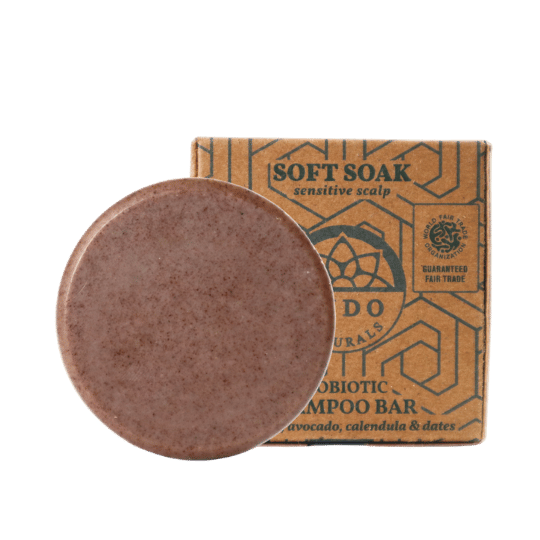Independent farmers - Sourcing ingredients
- Indo Naturals
- Apr 22, 2021
- 2 min read
Sourcing from independent farmers is a great way of creating sustainable development in more than one way.
In many places, agricultural development has led to many smaller farms becoming big plantations. The owners, a few capitalists, often live in the cities and get most of the income.
These large plantations have production processes that intervene with large pans of nature and often employ people under bad working conditions and low wages. Organizations such as Fairtrade are very important, as they work to ensure fairness to the plantation workers.
However, much of the farming in rural India is still done by independent farmers who cultivate small and medium patches of land. The patches are spread out, allowing for nature to grow and animals to live in between the farming areas. The farmers get all the income themselves and spend it in the rural communities where they live, contributing to the life of other local businesses. In contrast, the large plantations bring less employment and income opportunities in rural areas, leading many into poverty and resulting in rural people having to seek jobs in cities as migrant workers.

It’s evident that supporting independent farmers in many cases is better for both rural development and nature. But how can this be done in an efficient way? How does one buy from these smaller, often off the grid, farmers? The solution is consolidation.
Consolidation means that one organization travels around collecting a resource, for example coconut oil, from dozens of smaller producers. The consolidator checks if the quality is good enough and sells the mix of all the coconut oil in larger quantities.
This way, larger quantities can be supplied to businesses, for example to make handmade soap, and income still gets spread to many farmers instead of to one single plantation.
Unfortunately, independent farmers don’t have the resources to get certified organic or Fairtrade. Therefore, the people and companies that wish to ensure sustainability through such certifications often end up supporting plantations.
Of course, certified plantations are better than not certified plantations, but supporting independent farmers is often a more sustainable option. These independent farmers usually use traditional ways of cultivating the land, and some even cultivate directly from the wild (like coconut pickers) which means that their products are almost always organic even though they're not certified. As the farmers work for themselves, exploitation and unfair working conditions are not an issue.
Sustainability and ethical sourcing are two central values for us. Most of the raw materials used in our products therefore come from independent farmers or are harvested directly from the wild.



































